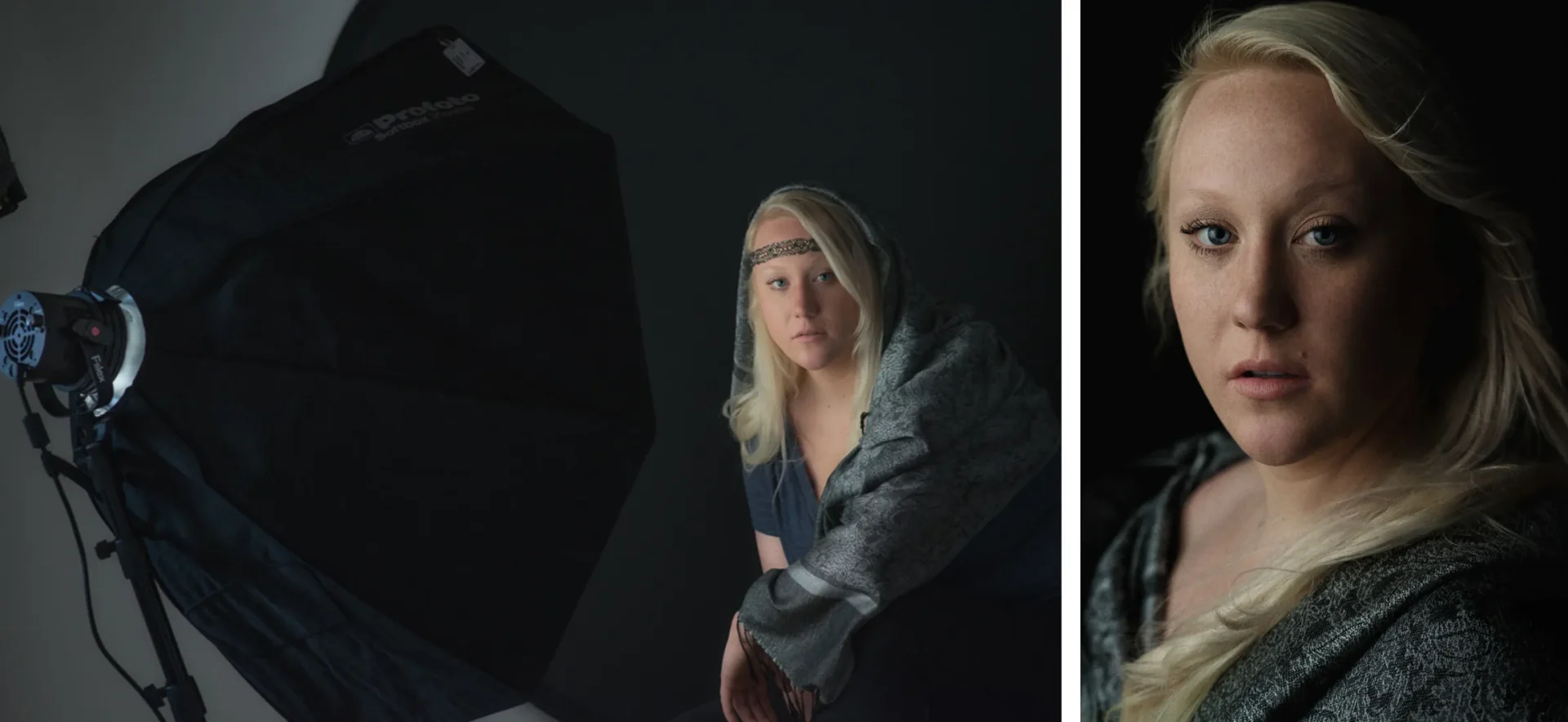Have you ever wondered whether your late-night reading or your child’s glowing nightlight might be nudging your eyesight to the blurry side? Intuitively, it may seem that frolicking with light in the dark could impact vision. This article dives deep into the available research, medical opinions, and floating speculations about the link between nightlights and nearsightedness.
Unveiling the Vision-Mystery: Nearsightedness
Nearsightedness, or myopia, is an eye condition causing blurry vision over long distances. The culprit? A simple misalignment! The light that enters your eyes lands before the retina instead of squarely on it. Simple enough to understand, right?
Examining the Link: Nightlights and Nearsightedness
Now to the big question: Do nighttime lights contribute to this condition?
Does the Eye Adapt to Light Levels?
Indeed, eyes are incredibly adaptive organs, adjusting to a range of light levels, from bright sunlight to dim moonlight. But does this nocturnal exposure to light meddle with the delicate setup of our visual apparatus?
What Do the Studies Say?
There is no concrete evidence to suggest a definitive link between using nightlights and developing nearsightedness. Some studies cite no significant association, while others present more mixed results. Clearly, the jury is still out, and planet science is yet to render its verdict.
A Closer Look At the Research
“A study published in Nature in 1999 suggested that children who slept with a light on were more likely to develop myopia. However, subsequent studies have contested these results, citing methodological flaws.”
Expert Opinions: What Do the Docs Say?
The consensus among eye experts seems to mirror the inconclusiveness of the arguments in the research literature. However, most doctors agree that good eye hygiene, regular check-ups, and balanced visual activities (alternating between near and far focus) can have a positive impact on maintaining eyesight health.
Summary: Douse the Light or Keep It On?
Is there a definitive answer about the effect of nocturnal lights on myopia? There’s still much research to be done. Meanwhile, balancing light exposure, adopting good visual habits, and keeping the reading to daylight hours might just be the safer bet. After all, prevention is always better than cure, right?
FAQs About Nearsightedness and Night Light
Are certain light types more harmful to our eyes?
Blue light, common in digital devices, can indeed be harmful, especially when exposure happens over a long period. Yet, there is currently no evidence suggesting that it directly causes myopia.
What are some preventive measures against nearsightedness?
Preventive measures include regular vision check-ups, reducing near-vision work, using appropriate lighting when reading, and promoting outdoor activities for children.
What are the treatment options for nearsightedness?
Treatment options range from glasses and contacts to corrective surgery, depending on the severity of the condition and the patient’s individual needs.

